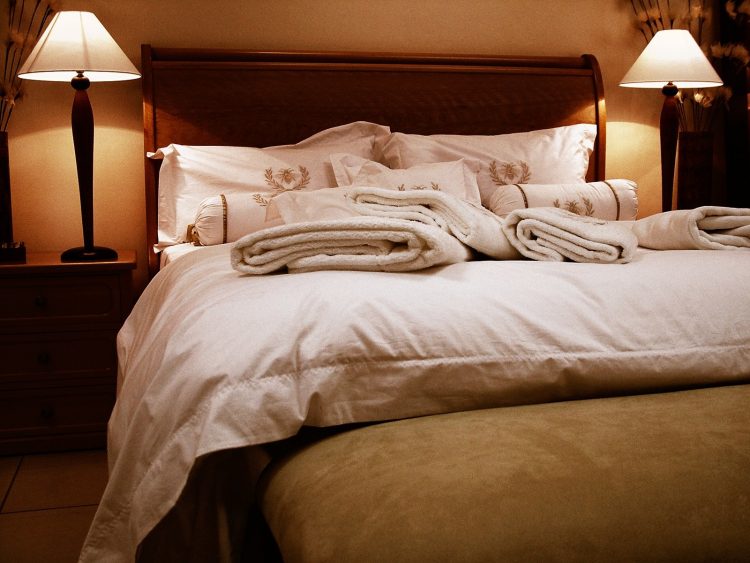As the global travel market remains incredibly robust in the midst of the ongoing economic crisis, the ways people do travel have wildly diversified – not least our hostel and hotel habits. The hotel industry now faces stiff competition and while once your options were limited to a run of the mill bedroom with basic facilities you now have the choices of a boutique hotel, an eco hotel, a luxury hotel, a budget hotel and so forth. What is more, travelers with squeezed budgets now expect much more for their money. Even when checking into a budget option, excellent customer service, clean facilities, and functional wifi are all expected by the discerning adventurer in 2018.
 In a world of unstable economics, the travel business is booming. While high street stores continue to fold and wages stagnate, hotels are opening: in new and exciting destinations all around the world. The reduction in flight prices and the young, global generations are fueling this increase in the travel-hungry population. With fewer people living in poverty and a distinct rise in the middle classes, more people than ever before have the money to jet off to an exotic location.
In a world of unstable economics, the travel business is booming. While high street stores continue to fold and wages stagnate, hotels are opening: in new and exciting destinations all around the world. The reduction in flight prices and the young, global generations are fueling this increase in the travel-hungry population. With fewer people living in poverty and a distinct rise in the middle classes, more people than ever before have the money to jet off to an exotic location.
Despite the hunger for unending travel experiences, the budgets of young people cannot always stretch to even a budget hotel. With hostel costing a fraction of the price of a hotel, they offer a fiscally-friendly alternative – particularly when visiting expensive cities such as London, New York, and Tokyo.
The concept of a hostel has undergone something of a revolution in recent years. Gone are the days of cockroach infested bunk beds where you have to take your own sleeping bag. Today hostels have boutique decor, specially built sleeping pods kitted out with electrical sockets and lamps and sumptuous hangout spaces complete with wifi and air-conditioning. Known as hostels 2.0 the industry is booming with young millennials fulfilling their travel dreams on shoes strings.
The rise in standards at hostels around the world has also seen the ages of those choosing to stop there diversify greatly. While typically up until 10 to 15 years ago those stopping in hotels would be ages between 17 and 20, it is now common or those in their 30s and even 40s to opt for the budget options while still enjoy the relative luxury of a modern hostel. The world’s hostels are now set in grade-listed buildings, come with the privacy of curtains or partially closed pods and offer safety features such as lockers and security cameras.
Those looking to invest in a business enterprise could do worse than looking at the hostel and hotel industry. Whether its a luxury accommodation of a budget option, the business is one that shows no sign of slowing down.

